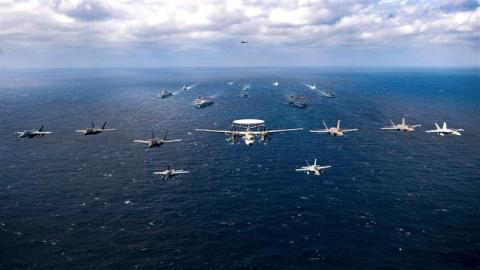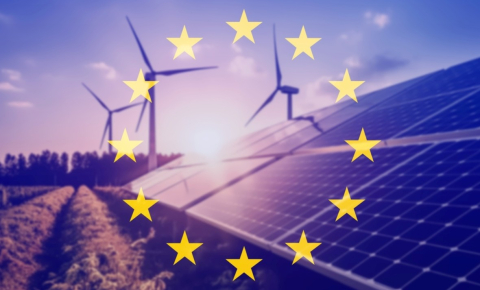Pan-european Integration Processes:Towards a Mutual Vision through Cross-Border Synergies, Minsk

Practical information
The conference is organised by the Minsk Dialogue Track-II Initiative (Belarus) in cooperation with the Konrad Adenauer Foundation (Germany) and the Austro-French Centre for Rapprochement in Europe (Austria-France), and supported by the French Institute of International Relations (IFRI), and the French and Austrian Embassies in Belarus.
The conference will work on the assumption that a way to greater pan-European integration goes through cross-border cooperation and synergies that result gradually from such mutually beneficial cooperation. To that end, the Minsk Dialogue expert group will prepare a report with an overview of current academic and policy discussions about pan-European integration processes and ideas on how to move these discussions onto a more pragmatic level. The report will be presented at the conference and guide discussions during the conference sessions.
The event will run in parallel with the high-level official conference on pan-European integration processes co-organised by the Government of Belarus and the United Nations Economic Commission for Europe. The Minister of Foreign Affairs of Belarus, a Eurasian Economic Union Commissioner and other officials will also participate in our Track-II conference.
CONFERENCE OBJECTIVES
• To examine ways to advance pan-European integration processes by facilitating crossborder cooperation in various areas of mutual interest (economic growth and business
opportunities, security challenges, and energy infrastructure).
• To discuss conceptual frameworks for advancing pan-European integration.
• To promote informed discussions about pan-European integration processes and challenges in the media.
Please find the agenda attached
Contact: Sarah Veit - [email protected]
Other events
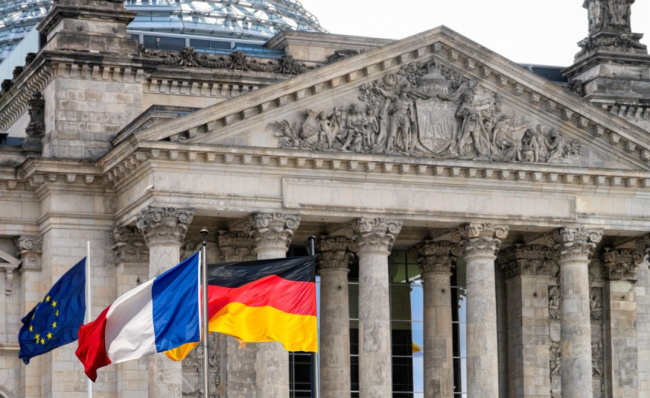
France-Germany, The Engine Under Pressure
Annual Conference of The Study Committe on Franco-German Relations (Cerfa) ─ Faced with a profoundly disrupted strategic and economic environment, Franco-German cooperation is more than ever the central pillar of Europe's future. The war in Ukraine, energy and technological dependence, and uncertainty about the strength of the transatlantic ties require urgent deepening of European sovereignty, both in terms of defence and economic and industrial competitiveness.
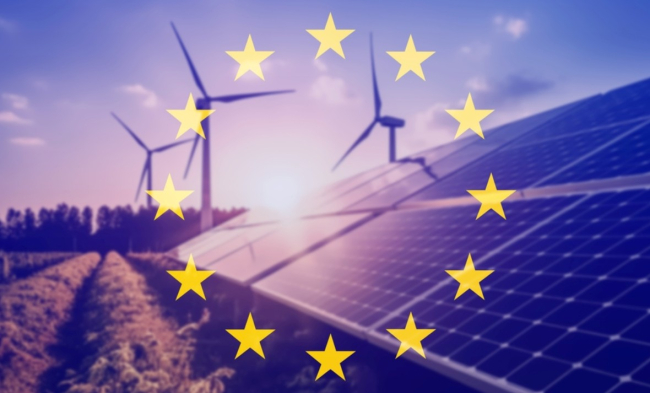
European Strategic Autonomy or New Dependence? Russian Gas, Transatlantic Pressures, and the Green Deal
European energy policy sits at the fault line of geopolitical conflict, climate obligations, and transatlantic bargaining. While Hungary, Slovakia and others remain heavily reliant on Russian gas, the EU has sought to harden its stance through sanctions -most recently with Ursula von der Leyen’s announcement of a ban on Russian LNG imports in the 19th package.
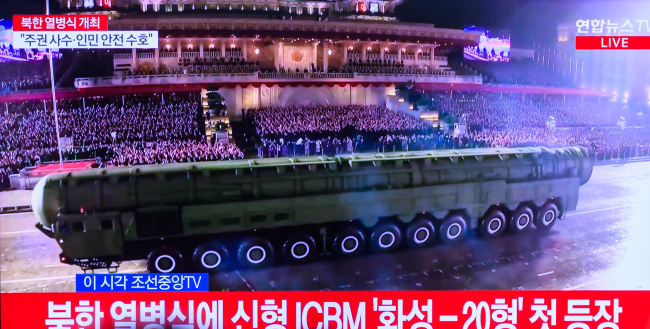
The New Nuclear Instabilities on the Korean Peninsula
From the growing size and diversification of the North Korean nuclear arsenal, and an open rhetoric in favor of nuclear proliferation in the South because of the loss of credibility of U.S. extended deterrence, the Peninsula is facing raising nuclear tensions.





